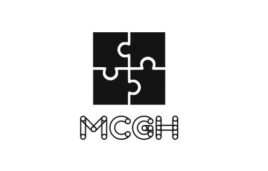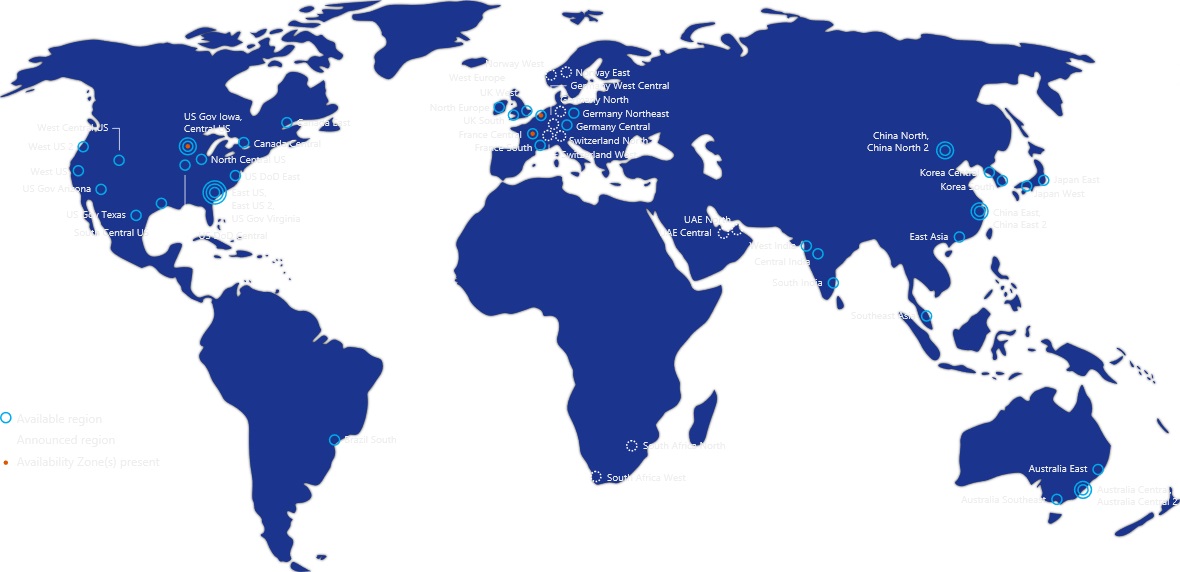
by MCGH Admin | Jul 22, 2018 | General, Opinions
Opinion: Here’s how Microsoft’s Data Centers in Africa and Middle East will affect the region.
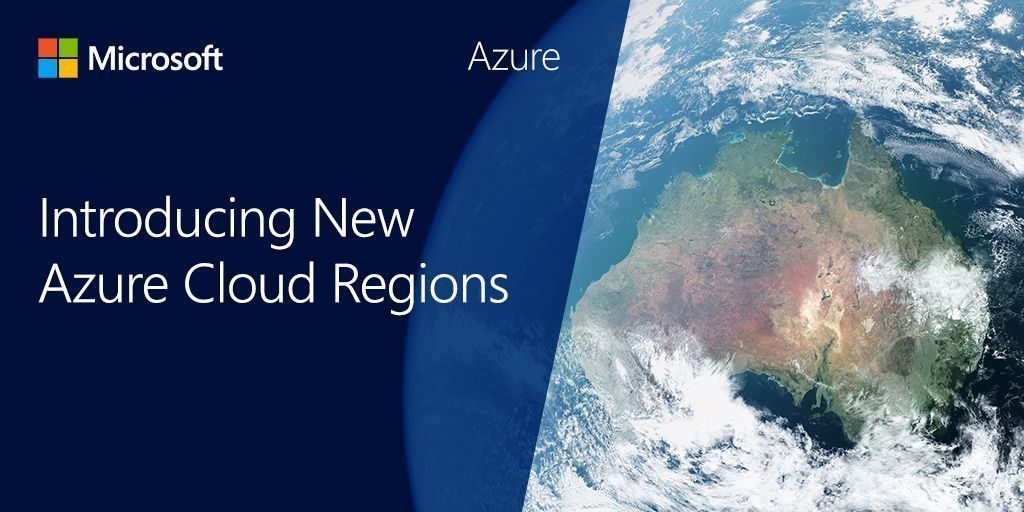
Microsoft’s announcement of new Azure regions with data centers coming to Africa and the Middle East will bring new opportunities. Across the globe it’ll represent 54 Azure regions, the highest by any cloud service provider. These data centers which will provide faster connections will also meet local regulations.
As we look forward to the initial availability of these data centers Hazem Nabih, director of Microsoft’s Middle East & Africa Intelligent Cloud Business Group shares on how the data centers will affect the region.
Reduced Security Concerns Drive Increased Adoption
One significant barrier to entry for the cloud is staying within the law. Regulation regarding the storage and use of data is becoming more complicated. The GDPR takes effect soon, and that is unlikely to be the final word on the subject. By building local data centers within the regions they hope to serve, Microsoft is significantly lowering the barrier to entry by reducing concerns over data security and regulatory compliance. By taking over responsibility for protecting data and staying up to date with local laws, in-region data centers allow companies, both large and small, to focus on their mission and not on tedious administrative tasks. This could be a significant driver of cloud adoption, particularly for large institutions with extensive and sensitive data stores.
Economic Innovation and Development
Wherever the cloud accelerates connectivity, investment and innovation tend to follow, often in unexpected ways. That can make predictions difficult, but the end result is almost always increased efficiencies and greater opportunities for enterprises both big and small. Take the example of M-Kopa Solar, which has taken advantage of cloud technology to bring solar energy to off-grid homes. Or AGIN, which connects small farms to information and financial resources previously unavailable to them. This type of unexpected innovation will become more prevalent as entrepreneurs take advantage of the cloud’s capabilities.
Influence on the Energy Sector
Before choosing UAE and South Africa, Microsoft considered the energy infrastructure of the region – an important consideration since data centers use a lot of energy. Future development will rely on a solid and resilient infrastructure. Given both Microsoft’s and UAE’s commitment to renewable energy, the future of cloud technology in the region could be very green.
Better Access to Education and Training
Just as cloud development drives a greater need for skilled technology workers. It will also make the necessary education more accessible. Microsoft has already demonstrated its ability to create programs. To train and support the next generation of workers and entrepreneurs for a newly emerging, digital, knowledge-based economy. This trend can only accelerate as local data centers drive cloud adoption.
Effects of Microsoft’s Data Centers in Africa and Middle East shared by Hazem Nabih
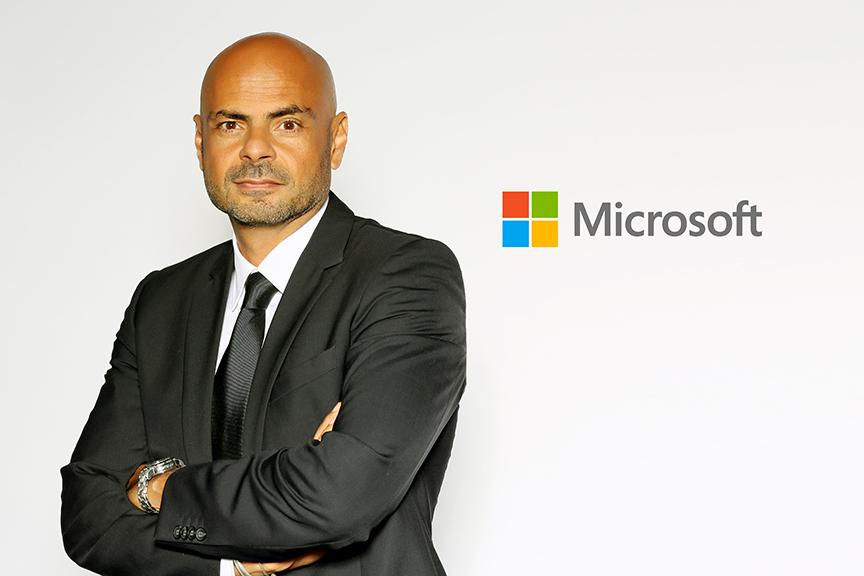
by MCGH Admin | Jul 17, 2018 | Microsoft Africa
Press Release: Microsoft has appointed Ibrahim Youssry as Regional General Manager of Microsoft MEA Multi Country Cluster (MCC).

This new subsidiary spans the full African continent (except for South Africa and Egypt), the Indian Ocean Islands, as well as Levant and Pakistan.
Youssry brings over thirty years of professional experience and industry knowledge to the role. He joined Microsoft in 2007 in the server and tools business, which he managed across most of Africa and Levant. In 2008, he became the General Manager of Microsoft West Central Africa.
During his four-year tenure, he led growth across the region, overseeing every aspect of Microsoft’s business and being awarded the Microsoft global “General Manager of the Year” award in 2009. In 2011, Youssry moved to Microsoft France, leading an extensive government business covering ministries, social and administrative entities and large public-private accounts.
In November 2013, Youssry moved back to the MEA region and joined Microsoft Gulf as the Public Sector lead. Over the past four years, Youssry has made an enormous impact in the market supporting government and education organisations to accelerate their digital transformation agendas and growing the Microsoft public-sector business significantly.
Prior to joining Microsoft, Youssry spent many years working in multinational organisations across different sectors including Aramco, GUPCO and Schlumberger in the oil and gas industry, Gemalto and Orascom “Djezzy” in the Telco space.
Ibrahim Youssry holds a Bachelor of Science-Geophysics degree and a Masters in International Business Management.
Samer Abu-Ltaif, Area Vice President, Microsoft Middle East and Africa welcomed Youssry’s appointment and added, “The establishment of MCC under Ibrahim’s leadership, allows us to more closely align across growth markets to further deliver on our vision of digital transformation, while enabling partners. I look forward to working with Ibrahim and the MCC team, not only to drive our customer’s success but also to invest in digital skills building and youth upliftment.
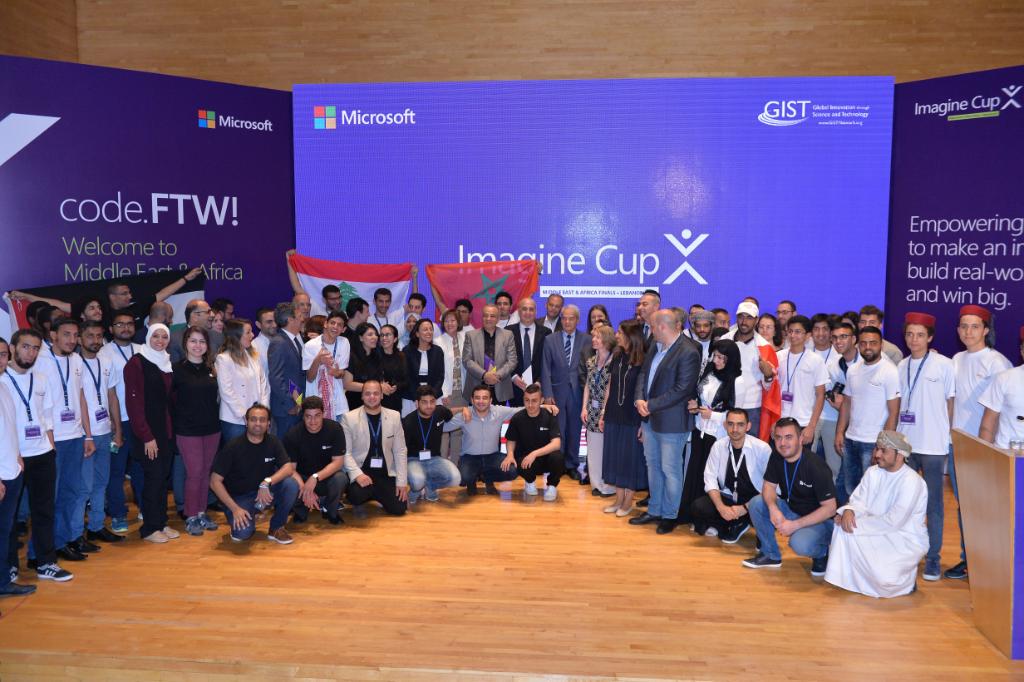
by Sylvester Addo | May 19, 2017 | Developer, Events, General, Microsoft Africa
15 Teams are contesting in this years Microsoft Imagine Cup Middle East and Africa Finals underway in Beirut, Lebanon.
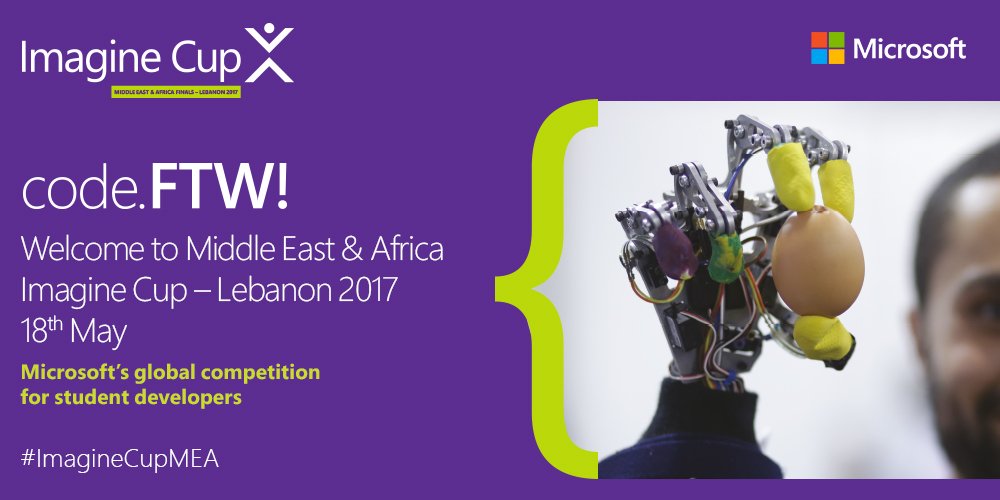
The Imagine Cup competition is Microsoft’s global completion for student developers. It empowers the next generation of computer science students to team up and use their creativity, passion and knowledge of technology to create applications that shape how we live, work and play. This years Imagine Cup Finals already has an aura around it seeing it marks a milestone and not forgetting the $ 100,000 top price package.
Imagine Cup Middle East and Africa finals 2017 is being hosted by Microsoft’s Lebanon Team. The 3 day event, 18th to 20th of may is taking place at the American University of Beirut, Lebanon. The grand final and awards ceremony will take place on Saturday 20th.
The Teams!
These are participating teams in the Microsoft Imagine Cup Middle East and Africa Finals competition;
Nigeria – [Beacon],
Lebanon – [Bl!nk],
Algeria – [Diaxx],
Egypt – [The Rivals],
Saudi Arabia – [S Cubed],
Tunisia – [Peace-makers],
Qatar – [WaCoMo],
Turkey – [Crystal Ball],
Bahrain – [Influx],
Oman – [Beta],
Morocco – [E-Park],
United Arab Emirates – [Green Jam],
Jordan – [DocStroke],
Pakistan – [Positive Zero],
West Bank & Gaza – [BZU-Monster],
On what the teams are working on and presenting;
Team Beacon – Nigeria – an app connecting emergency service providers with those needing assistance.
Follow the Microsoft Imagine Cup Middle East and Africa Finals competition event on social media via the hashtag #ImagineCupMEA. Don’t forget to cheer your team on. All the best to all teams and hopefully they all impress at the finals in Seattle, Washington later this year.
UPDATE :
Teams Green Jam (UAE), Bl!nk (Lebanon), DocStroke (Jordan), E-Park (Morocco), Beta (Oman) and WaCoMo(Qatar) have qualified for the world finals in Seattle.

by Sylvester Addo | Jun 1, 2016 | 4Afrika, Developer, General, Hour of Code, Microsoft Africa, Microsoft Ghana
Young Female Coders from Ghana, other African nations and the Middle East share their experiences on coding and how they are making what is next.

In the video below 12 ladies share what’s it’s been like for them in a field mostly associated with the masculine gender. Selasi Gborgla and Nana Akosua Attuah from Ghana also speak on the subject.
A study suggest;
Computer code written by women has a higher approval rating than that written by men – but only if their gender is not identifiable, new research suggests. BBC Technology
Microsoft is committed to supporting many young girls, until “a coder” is not “a he” anymore.
Source: Microsoft

